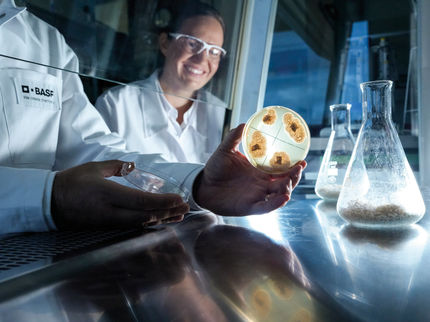BASF launches white biotechnology research lab in the United States
Advertisement
BASF has opened a new white biotechnology and microbiology research center in Tarrytown, New York. In the laboratory, biologists and biotechnologists will work to develop more efficient biotechnological production processes and – together with material researchers – develop new antimicrobial products for medical technology, hygiene and health care.
“The investment again demonstrates BASF’s commitment to white biotechnology, one of this century’s key technologies with vast potential for innovation. Furthermore the new lab is an important step on the way to an even more globally organized research, and a very good base for successful new alliances in North America,” said Dr. Harald Lauke, Head of Biological & Effect Systems Research.
BASF has more than three decades of experience in white biotechnology. The company uses biotechnological methods to produce products such as vitamins, enzymes, pharmaceutical intermediates and specialties for the personal care, food and feed industries. One focus of the research laboratory work is to develop even more efficient and resource-conserving production processes. The use of metabolic engineering – the targeted modification of metabolism – is set to enhance the efficiency of the microorganisms used in these production processes.
Another important focus of the lab is to get a detailed understanding of the development of bacterial biofilms. Bacteria – individually or in colonies – tend to form on wet surfaces of objects and can be the cause of life-threatening infections in patients especially within hospital settings. In cooperation with material researchers, new solutions are being developed to help prevent such infections.
“In Tarrytown, we have created the foundations for all these research areas,” commented Dr. Markus Pompejus, Head of the bioactive materials group and in charge of the biotechnology research in Tarrytown. “Now it is all about turning our ideas into innovative products and solutions.”















































